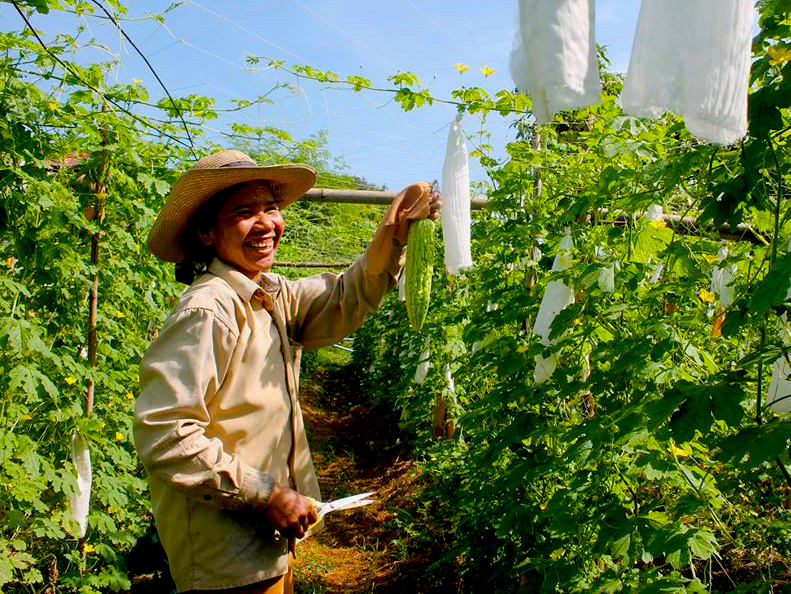S3 Cambodia: Scaling Suitable Sustainable Technologies
Lead Institution:University of Tennesse Institute of Agriculture (UTIA)
Award Amount: $750,000
Focus Country: Cambodia

Principal Investigator: David Ader - dader@utk.edu
U.S. Collaborating Institution: The Pennsylvania State University, Tennessee State University
International Collaborating Institution(s): Asia Impact Center - ECHO, Center of Excellence on Sustianable Agricultural Intensification and Nutrition (CE SAIN), Centre de cooperation internationale en recherche agronomique pour le developpement (CIRAD), Royal University of Agriculture, Southeast Asian Regional Center for Graduate Study and Research in Agriculture (SEARCA), Swiss Foundation for Technical Cooperation (Swisscontact), University of Battambang
Summary: The Scaling Suitable Sustainable Technologies (S3-Cambodia) project will support agents to scale suitable and sustainable technologies to reach 10,000 farmers in Cambodia. By employing the gender and ecologically-sensitive impact pathways mapped during the 2015-2020 WAgN-Cambodia project, S3-Cambodia will advance the capacity and roles of scaling agents in
technology diffusion through applied research, technical assistance, curricula development and organizational strengthening. This process will demonstrate the potential for and provide critical information on scaling technology through local, national and regional networks and for uptake of sustainable intensification (SI) technologies by rice-based farmers and others, serving as a
regional model for self-reliance.
The deployment and scaling of SI technologies are grounded in the following four objectives:
- Strengthen the participation of agricultural groups in the local and regional value chains for horticultural foods produced via SI through organizational strengthening, marketing services and technical assistance
- Facilitate the adoption of suitable and scalable Sustainable Intensification (SI) technologies in secondary school communities through a youth engagement strategy to improve household income, nutritional status and farm system resilience
- Build the capacity and self-reliance of national and regional research, extension and education partners to scale up and out SI innovations in their networks
- Generate an evidence base to improve program design, policy alignment and stakeholder coordination in order to support the scale up of SI in Southeast Asia